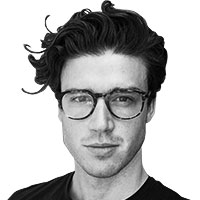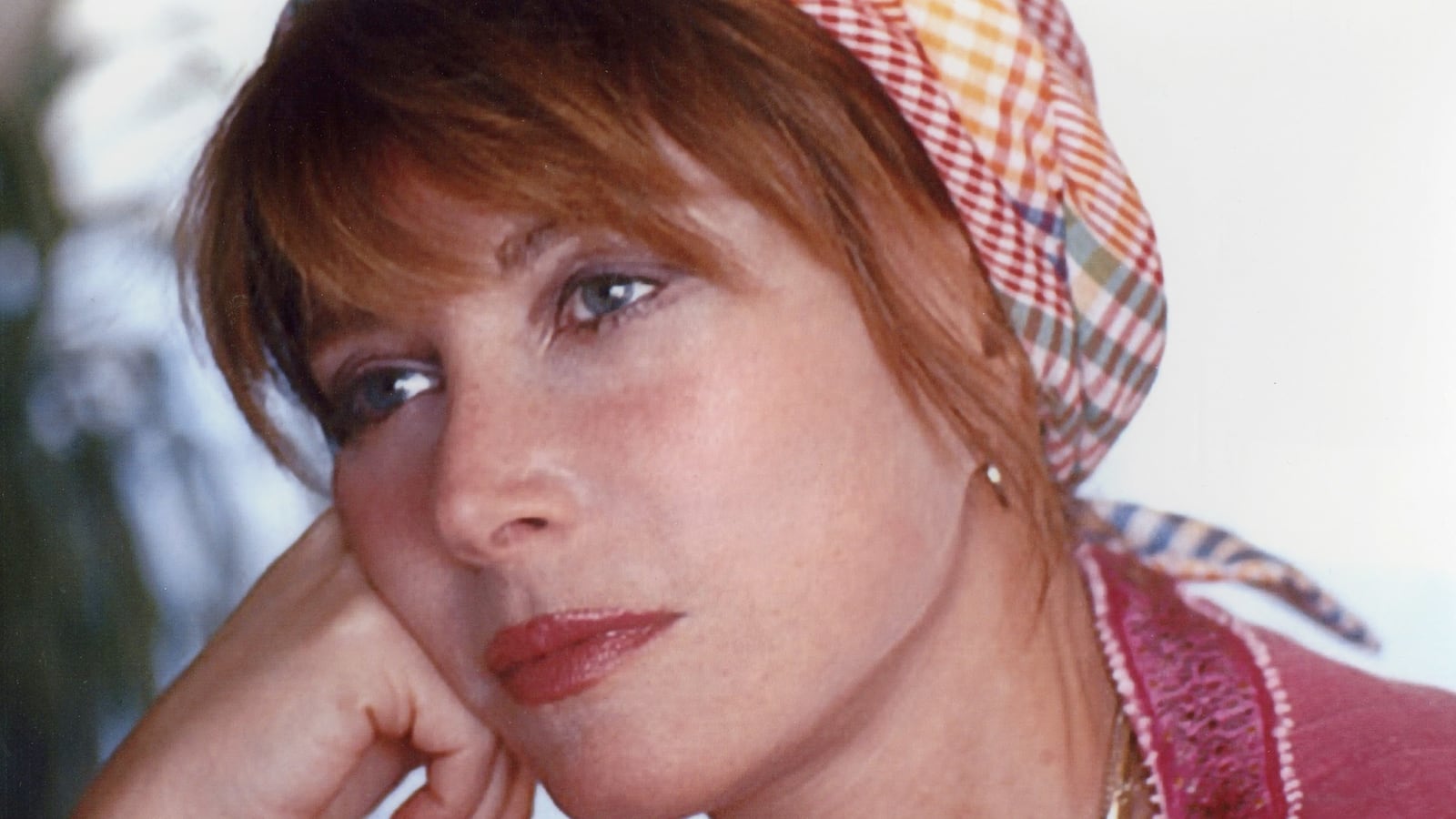To say that actress Lee Grant has seen it all would be an understatement.
She barreled onto the Broadway scene at the age of 23 in 1949 with Detective Story, and was nominated for an Oscar two years later when it was adapted into film. Just as her career looked like it was going to take off, she found herself blacklisted for 12 years by the House Committee on Un-American Activities because of her marriage to screenwriter Arnold Manoff.
Grant, however, would be one of the few who would stage a successful comeback, going on to win an Emmy for the ’60s television series Peyton Place and then Academy Award nominations for Best Supporting Actress for The Landlord and Voyage of the Damned. She won the award outright in 1975 for Shampoo. She would go on to have a career in directing, and one of the documentaries she directed, Down and Out in America, also won an Oscar.
Her new memoir, I Said Yes to Everything, hits on—and these are just some highlights—her childhood as the daughter of a Jewish immigrant, fake rape stories, making Grace Kelly cry, and one hell of a makeout session with Warren Beatty. Just like her memoir, Lee Grant does not disappoint when it comes to candor in an interview with The Daily Beast.
Why did you want to write your memoir now?
I wrote it the last four years, and I wrote it because I needed to have contact with myself. I’d been having trouble with my memory, and I couldn’t talk about it with my husband because he’d be afraid for me. And so I just sat down and started writing, and it just became such a healthy thing for me to do, to kind of rediscover my life and myself and my past, and I just couldn’t stop doing it.
Your career in show business has been a long one. You say in the book you had your first role at the age of 4 on the stage. Did you always know you were going to be in the entertainment business?
No, I didn’t. That was a kind of serendipitous thing that grew out of my taking ballet classes at the Met. And it was on the way to ballet class that this impresario stopped me and said, “You’re going to be a little Chinese prince.”
It was an extravagant experience for me as a child. And in writing about it—to go back to that stage and remember what it felt like, and what I saw, and what the music was like—was a really thrilling thing for me.
One of the things you are famous for, besides your work, was coming back from being blacklisted. You were blacklisted for 12 years. If you look back on that, do you think often about what could have been if that hadn’t happened?
You know what I think? In those years, there were a lot of beach movies, and I would not have fit in to that kind of Hollywood prototype. So, the blacklist and those 12 years, while I made sure I made up for it—I really savagely went back after the 12 years that I had lost—in those times in that America in the blacklist period, I wouldn’t have had the parts that I had 12 years later.
You certainly hustled in your comeback. You used some pretty ridiculous things for your career. You had the mayor of Los Angeles change your license to say you were five years younger…
Oh, I don’t think that was ridiculous at all. I felt I had 12 years to make up for, and knowing the lifetime of an actress in Hollywood, I had to lie to keep working. I felt it was absolutely the right thing to do, and I did it without any shame. It meant a lot to me to get hired.
You had a facelift at 30, and that would’ve been dangerous for you if word got out…
I was at a pretty desperate place in my life at that time. My husband was saying if you take a job, we’re through. My only way out was to keep working. I was being blacklisted from inside the house as well as the outside when you think of it. I was psychologically at a very, very bad place. I think the surgery helped me enormously. Everything that was in my face that wasn’t smiling, went up. It helped me look in the mirror and feel younger and prettier.
In 1964 you were given a guest star spot on the series The Fugitive. When you arrived you got into a war with the director because you wanted to do your own makeup. After you insisted, you write that, “no one from the crew would meet my eyes or say hi.” To get them to like you again you end up claiming you were almost raped by a makeup artist…
That was a lie so that the crew would like me again. It was a lie I told them because I felt so left out because I wouldn’t let the makeup man put on my makeup.
There was a lot of stuff about behind the scenes on the set. There were multiple interactions with Shelley Winters in particular. You call her a “serious bully” on the set of The Balcony, and after your battles on set (during which you had to kiss) you chased her at the Playboy Club during a party for the movie and called her a “cunt.”
I pretty much said it. She was a diva. In this movie I was in, The Balcony, while I was still blacklisted, and I didn’t know I had this much rage when I attacked her at the Playboy Club.
Do you have any advice for young women in the industry nowadays, as an actress or a director?
It’s so hard. The one thing I can say about today is that the camera is available. You can take your life into your own hands in terms of directing. There are ways for you to finance yourself and to write and make a film.
[As an actress] I don’t today know how you make it. When I was on stage in the ’50s, it was a glory time, a golden time with Tennessee Williams and Arthur Miller, there was real talent. And now, the theater is a little Disney-fied.
Do you still watch a lot of movies, television, or theater?
I do. I watch a lot of television. The stuff that they’re putting on television, series like The Americans and Game of Thrones, it’s so superior to most of the films that are coming out of Hollywood in terms of drama, certainly in terms of what we’re interested in.
So you’re telling me you’re a Game of Thrones fan?
Absolutely. What’s there for me at the movies? First of all, I’m an Oscar person so I get all the films sent to me and I’m able to find the one or two. That Woody Allen movie with Cate Blanchett, there’s one or two films they make in Hollywood. I find that the stuff on television is more exciting than the films, which are for teens almost.
You talk about Mervyn Nelson, who directed and starred with you in Ghosts at the Poconos resort Tamiment in the ’50s, being your first gay friend in a time where that wasn’t necessarily publicly discussed. Have you been surprised or pleased as far as how much has changed in the industry?
How interesting that you found that. It wasn’t so much in the industry as it was our lives. You know, for theater people, for film people, gay or straight was always like normal. It was just a normal reaction, your friend was straight or gay. It was taken for granted, and it just took the rest of the world to catch up to us. He made a big difference in my life, he was my first director out of the Neighborhood Playhouse, and he was a great friend.
You had a difficult first marriage with Arnold Manoff. Why do you think you weren’t able to leave it sooner?
I’ll tell you the truth. I’d be in a sanitarium for the rest of my life if I hadn’t had that order of, “Either you do this or we’re through.” Because I’d never have left him. And I was becoming sicker and sicker in that marriage. If he hadn’t said, “You can't take this job,” I would never have gotten up the courage to leave. Because I knew that I had to earn money and raise my kid. It was the best thing he could have done for me.
Finally, out of all the work you’ve done, is there one you look back on with the most fondness, or you’re most proud of?
Well, the one I had the most fun in was Shampoo. The Neon Ceiling was the most challenging piece of work for me, it was like an independent movie for television, and I loved it. And they took me to the desert, which was a great thing.






